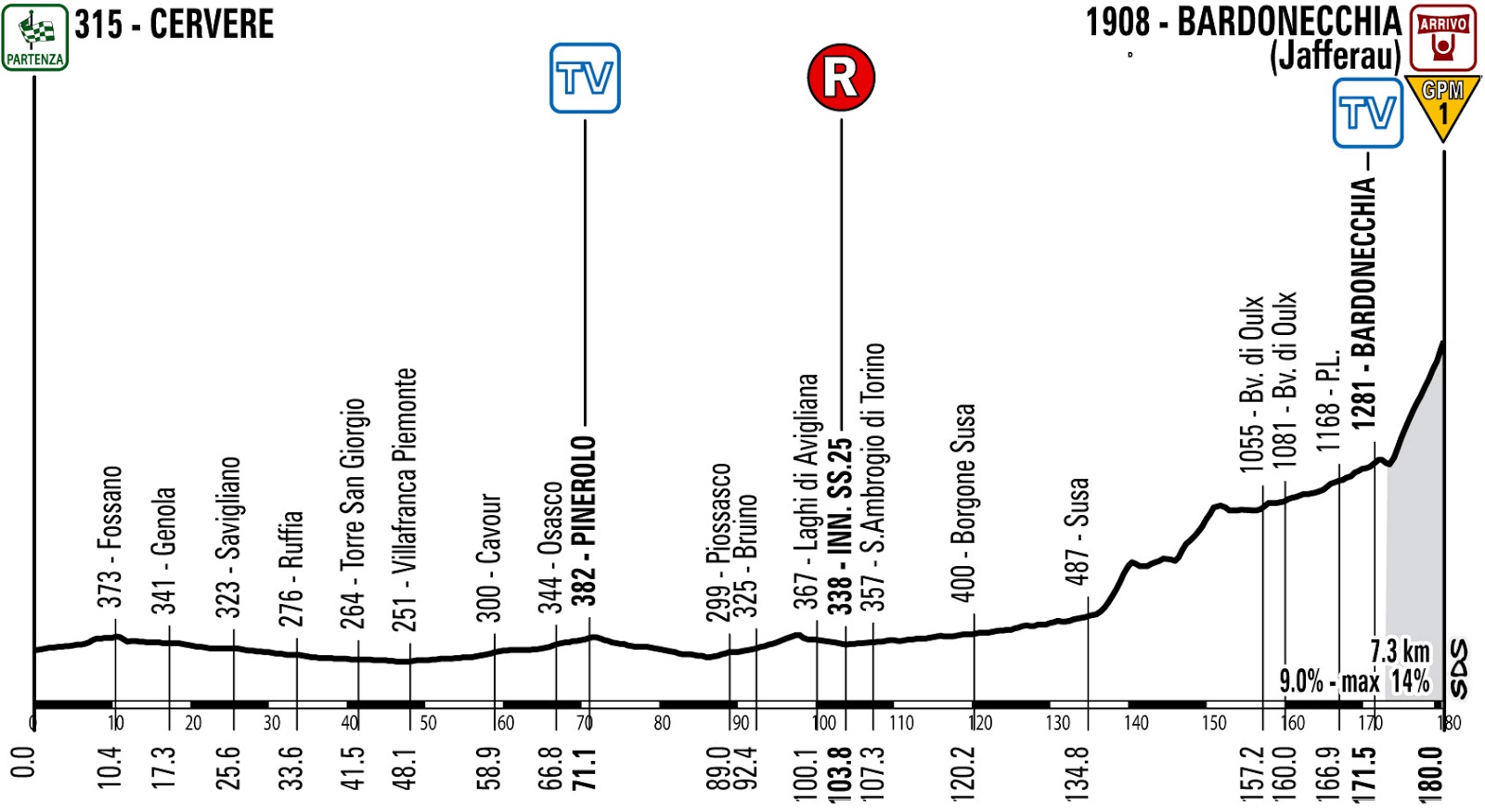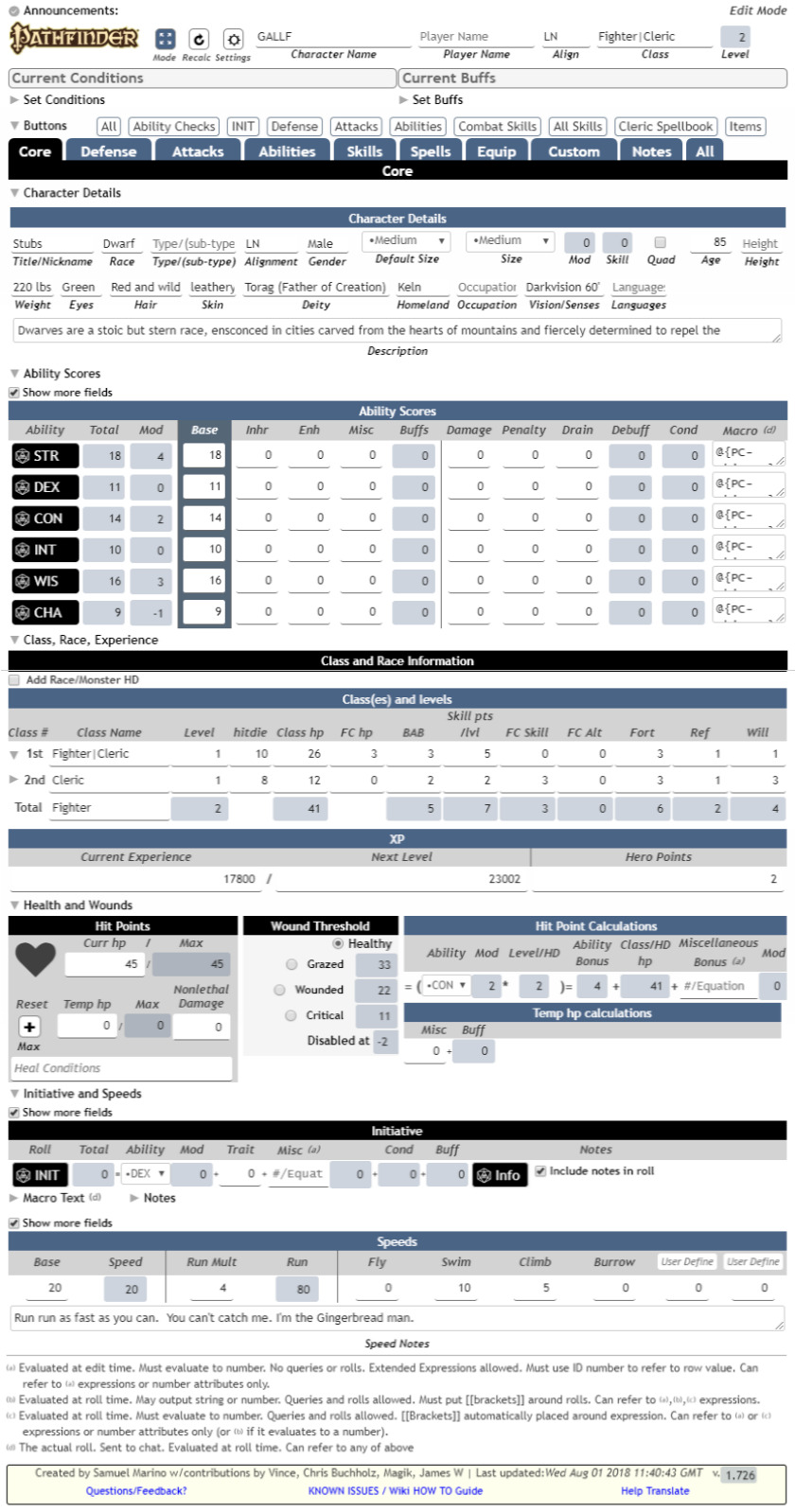Lex returns to his in-depth discussion of the Dungeon Master’s Guide. This week he discusses how to modify a monster and how to create quick monster stats. If you want to make a custom monster for your game, you might be able to make some minor modifications to an existing monster. Lex also shows how you can quickly create a monster of a given CR on-the-fly during play. Finally, this episode lays the groundwork for creating a completely new and unique monster from scratch. Anyone can do this, and Lex walks you through the process. The next episode in this series will go into creating a unique monster from scratch.
Dungeon Master’s Journey is now on Spotify!
You can now purchase Game Master's Journey T-shirts and other swag!
Call the Dungeon Master's Journey voice mail: 951-GMJ-LEX1 (951-465-5391).
If the options for player characters in the Player’s Handbook don’t meet all the needs of your campaign, you can consult Chapter 9 of the DMG: Dungeon Master’s Workshop for advice on creating new race, class, and background options. CREATING A RACE OR SUBRACE This section teaches you how to modify existing races, as well as create new ones. Got to Character (at the top) Race and create a new race. Choose the ID for your race.
If you’re a new listener, and you’d like to go back to the beginning, here’s a link to Episode 1.
If you’re interested in worldbuilding and/or Lex’s D&D campaign setting of Primordia, check out the first worldbuilding episode.
Check out Lex's D&D supplement, Adventurers of Primordia.
Helpful Links
Lex’s compilation of Sage Advice segments from the Dragon Talk podcast
Download the Sage Advice Compendium pdf of rules questions & answers and errata.
Lex's Series on the Player's Handbook
Episode 137: PHB Prelude through Chapter 4
Episode 138: PHB Chapter 5 - Equipment
Episode 139: PHB Chapter 6 - Multiclassing & Feats
Episode 140: PHB Chapter 7 - Ability Scores
Episode 142: PHB Chapter 8 - Adventuring part 1
Episode 143: PHB Chapter 8 - Adventuring part 2
Episode 145: PHB Chapter 9 - Combat
Episode 146: PHB Chapter 10 & Appendices - Spellcasting, Conditions & Exhaustion
Lex's Series on the Dungeon Master's Guide
Episode 221: Overview of Rules to Focus on as a DM and Where to Find them
Episode 151: DMG Introduction - Know Your Players
Episode 152: DMG Chapter 1 - A World of Your Own
Episode 154: DMG Chapter 1 - Gods of Your World
Episode 155: DMG Chapter 1 - Developing Gods & Pantheons for Your World
Episode 156: DMG Chapter 1 - Mapping Your World
Episode 158: DMG Chapter 1 - Creating Settlements for Your Campaign
Episode 161: DMG Chapter 1 - Factions & Organizations
Episode 163: DMG Chapter 1 - Magic in Your World

Episode 164: DMG Chapter 1 - Creating Campaigns
Episode 165: DMG Chapter 1 - Creating Campaign Events
Episode 173: DMG Chapter 1 - Play Style & Tiers of Play
Episode 175: DMG Chapter 1 - Flavors of Fantasy
Episode 179: DMG Chapter 2 - Creating a Multiverse
Episode 183: DMG Chapter 2 - The Astral Plane
Episode 200: DMG Chapter 3 - Creating Adventures
Episode 202: DMG Chapter 3 - Creating Encounters
Episode 207: DMG Chapter 3 - Random Encounters
Episode 223: DMG Chapter 4 - Creating Nonplayer Characters
Episode 228: DMG Chapter 5 - Adventure Environments - Dungeons
Episode 232: DMG Chapter 5 - Adventure Environments - Wilderness Part 1
Episode 233: DMG Chapter 5 - Adventure Environments - Wilderness Part 2
Episode 235: DMG Chapter 5 - Adventure Environments - Settlements & Unusual Environments
Episode 239: DMG Chapter 5 - Adventure Environments - Traps
Episode 242: DMG Chapter 6 - Between Adventures - Linking Adventures Together
Episode 256: DMG Chapter 6 - Between Adventures - Downtime Activities
Episode 257: DMG Chapter 7 - Treasure
Episode 259: DMG Chapter 8 - Running the Game - Table Rules

Episode 260: DMG Chapter 8 - The Role of the Dice
Episode 261: DMG Chapter 8 - Exploration, Social Interaction & Objects
Episode 262: DMG Chapter 8 - Combat, Chases, Diseases, Poisons, Madness & Experience Points
Episode 264: DMG Chapter 9 - Homebrewing Guidelines, Ability Options & Skill Variants
Episode 265: DMG Chapter 9 - Hero Points, Honor & Sanity

Episode 266: DMG Chapter 9 - Fear & Horror, Rest Variants, Plot Points and More!
Episode 269: DMG Chapter 9 - Combat Options - Initiative Variants & Action Options
Episode 270: DMG Chapter 9 - More Combat Options - Hitting Cover, Cleaving, Lingering Injuries, Massive Damage & Morale
Creating a Monster
Modifying a Monster
Switching Weapons
Adding a Special Trait
Creating Quick Monster Stats
Step 1: Expected Challenge Rating
Step 2: Basic Stats
Step 3: Adjust Stats
Step 4: Final Challenge Rating
How to Support the Podcast
Visit our Support page to learn the many ways you can help us out.
Music Credits
- Heaven's Journey by Cloudwalker
- Heroic Temples by TranceBoy
- Oceanview by Ish
- Shine by Renfield
- Dream Destination by Stenko
©2020 Starwalker Studios LLC
To create a bootable USB drive from a DMG file on Windows, you will need to have the right utility. That's because DMG is not native on Windows. It is the Mac equivalent of an ISO file that has been in use since Apple transitioned from the IMG format with Mac OS X. A DMG file, like ISO, can be used to install macOS operating system or Mac apps. If the Mac computer was broken or crashed and couln't get into the system, but you only have access to a Windows PC, there's still a way to make a bootable macOS install USB on Windows.
This article looks at three applications that you can use to create a bootable USB drive from a DMG file in Windows. All of them have their advantages and disadvantages, which we have highlighted. You can make the best choice for you based on the information provided below. They are in no particular order of preference.
DMG Editor - Make Bootable USB from DMG File on Windows
It is not easy to find an user-friendly application when it comes to make bootable macOS Install USB. That's the reason why we spent months to develop such an app. Our latest product, DMG Editor, is a fairly robust application for creating bootable USB from a DMG file. And it works well on both Windows and Mac platforms.
It is packed with modern UI and the steps are very step to follow. After several mouse clicks and wait a couple of minutes, a bootable macOS USB is ready for OS installation or system repair. You won't find any other applications on Windows that is better than UUByte DMG Editor!
Step 1: Download UUByte DMG Editor setup.exe from this website and follow the prompt to install the software on a Windows PC. Currently, it works well on Windows 10, Windows 8 and Windows 7.

Step 2: After installation, UUByte DMG Editor will be opened automatically. And you will see three options on the main screen. At this time, click 'Burn' tab And you will be lead to a new window.
Step 3: Insert an USB drive to Windows PC and the name will show up at the right side of USB icon. If the drive name was wrong, you can click 'Change' button to pick up the right device. Next, click 'Browse' button to add the .dmg file into the program.
Step 4: When the dmg file is loaded from local hard drive, click 'Burn' button to start burning dmg to USB drive. This process will be finished in less than 10 minutes and you have to wait before you can do anything with the device.
You will be notified when the burning task is completed. Now follow the link listed on the screen to start installing macOS from USB drive
.Convert DMG to ISO and Create macOS Boot USB from Windows
Dmg For Creating Or Modifying Races Using
Since ISO is a better format for Windows, you can also convert the DMG to the ISO format and then use the ISO disk image to create the bootable USB. Please note that you can't boot your Mac from bootable USB made from an ISO file, which means you'll have to convert it back to DMG prior to that. Still, it's an effective way to create bootable media for a Mac computer. Here's how it works:
Step 1: Once you have the macOS install DMG file on a Windows PC, click on Windows + R to open the run dialog box, and type in CMD, then hit Enter. When the Command Prompt opens up, use the following command to convert the file to ISO:
hdiutil convert /path/sourceimagefile.dmg -format UDTO -o /path/targetmage.iso
Step 2: Download and install UUByte ISO Editor on your PC, insert the USB drive and launch the application.
Step 3: Click Burn button on the main screen and point to the converted ISO file. The drive will be automatically detected and click on Burn icon to burn the ISO to the USB drive.
Dmg For Creating Or Modifying Races Across
Once the ISO is burned to the file, you can insert it into a Mac and convert it back into the DMG format. Since you're converting the file twice, there's a chance that the file could get corrupted in the process. If that happens repeatedly, then try this next method.
PowerISO: Make Bootable Mac Install USB on Windows 10/8/7
This Windows utility allows you do create bootable USB from DMG on a PC. You can also edit the DMG or extract the contents, and there's also an option to copy it to a disk. For this particular exercise, we'll show you how to use PowerISO to create a bootable USB drive on Windows without having to convert the disk image into another format like ISO.
Dmg For Creating Or Modifying Races Against
Step 1: Download and install the application on your PC.
Step 2: Insert your USB drive and launch PowerISO.
Step 3: In the Tools menu, select 'Create Bootable USB Drive… '. You will need to give admin privileges to the software. Alternatively, you can run the program as admin when you launch it.
Step 4: Select the USB drive in the section called Destination USB Drive.
Step 5: Leave all other default as they are and click on 'Start' to burn DMG to the USB drive.
You should be able to see the progress, and a new popup will appear when the bootable media is ready. You can now eject the media and use it to run the DMG on a Mac computer.
Conclusion:
All of these methods are workable, so select the right one for you based on your level of knowledge and your preference.